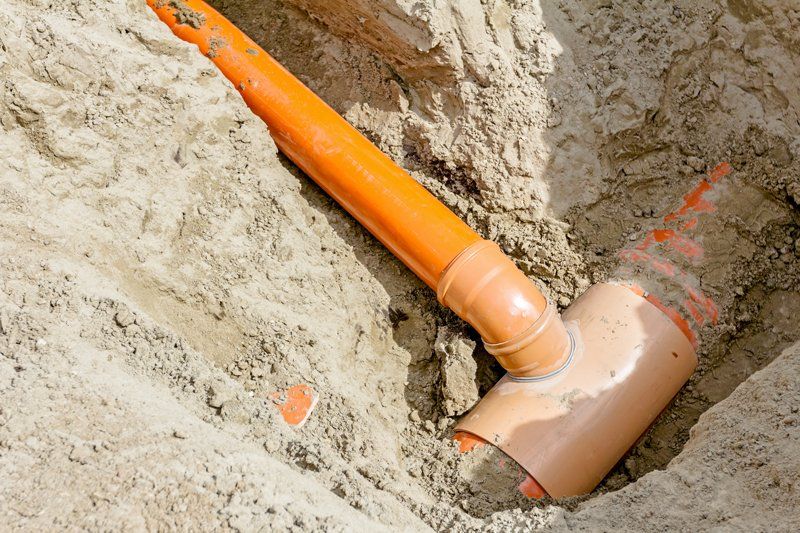
When buying a house, you may assume that a home inspector will find any issues with the plumbing and septic system. However, the inspector typically does just one or two very limited septic tests. The results don't necessarily tell you if the system has been misused or neglected but whether the system has failed or not.
If you find out later that your septic system hasn't been pumped out in a decade or that the previous owner did no maintenance at all, your system is more likely to have problems.
Whether you've discovered the neglect while looking at maintenance records or whether you're only alerted to the problem when your septic system develops symptoms, you'll need to get on top of the problem right away. Here are some simple steps to take when you discover that your septic system has suffered from a lack of maintenance.
1. Stop Using Drains and Find a Septic Professional
The first step is to call out a septic contractor who can perform maintenance and inspections. If you have malfunctions, like a sewage backup in your home, you'll need to stop using all your drains in the meantime. This includes anything that discharges into the septic tank, such as a water softener, reverse osmosis system, or dehumidifier connected to the main drain.
If your septic system doesn't seem to be on the point of failure and isn't behaving abnormally, minimal drain use (such as occasional toilet flushes) may be okay while you wait for your septic professional to arrive.
2. Pump the Tank
Pumping the septic tank isn't a cure-all for septic woes, but it is one of the main maintenance steps that will cause problems if it's neglected. If you want to have any hope of a functioning system in the future, you'll need to have a tank that's pumped out regularly. Also, pumping the tank can give temporary relief from the threat of sewage backup.
However, before scheduling a pumpout, check your yard for flooding. Sogginess that's localized around the septic system could be due to a septic leak. But sogginess throughout your yard after a heavy rainfall is a different matter. Heavy rain may precipitate septic issues, but can also temporarily slow septic processing by forcing the drain field to accept extra water.
If your yard is flooded from rain and you pump everything out of the tank, the tank could start to float up out of the ground. So you'll need to wait for the water to recede for a couple of days before pumping.
3. Have a Full Inspection
After the tank has been pumped, your contractor can perform an inspection to determine the cause of any septic issues you've been having. A full inspection includes running a video camera through drain lines, checking the inside of the tank for damage after pumping, checking any septic alarms and motor, making sure the leach field still works, and so on.
4. Update the System
A tank that hasn't been cared for may still have a concrete lid and concrete baffles, both of which may be old and crumbling. Because the gases inside the tank can structurally damage concrete, these concrete components may deteriorate much faster than you'd expect of concrete.
Crumbling tank lids can pose a deadly hazard to humans and pets who might fall into the tank, while crumbling baffles could allow solids from the tank to clog up the leach field.
5. Schedule Repairs and Maintenance
As you can imagine, completing any repairs is essential to getting your system back in working order. But after that's completed, don't forget to schedule regular maintenance for your system so you never get into this pickle again. Talk to your contractor about how often to schedule pump-outs, inspections, and other maintenance from here on out.
These steps can help you navigate the difficult problem of a septic system that's less well-kept than you were led to believe. For more information on septic pumping, inspections, and maintenance, get in touch today to talk about the services
Upstate Septic Tank, LLC can offer.






